Obesity is a common problem in dogs, cats, and exotic pets, such as ferrets, rabbits, guinea pigs, avians, and reptiles, and increases their risk for serious health issues. Our Wales Animal Clinic team wants to help keep your pet as healthy as possible, so we explain why being overweight can be problematic and provide tips to keep your furry, feathered, or scaly pet at a healthy weight.
Pet obesity causes
The most common obesity causes in pets are improper diet and overfeeding. Specific contributing factors include:
- Limited exercise — Many pets, especially indoor cats, birds, and exotic pets kept in small enclosures, receive minimal daily exercise, leading to weight gain.
- Underlying health conditions — Health conditions, such as Cushing’s disease, hypothyroidism, and arthritis, can contribute to weight gain.
- Trimmed wings — Birds’ wings are often trimmed to prevent flight, which makes getting adequate exercise difficult.
- High-fat diet — Pets fed a high-fat diet, such as birds fed a seed-based diet or rabbits fed a muesli-based mix, are at increased weight gain risk.
- Excessive treats — Many treats are high in fat and calories and should be offered only in moderation, or they will contribute to your pet’s weight gain.
- Spay or neuter status — Spayed and neutered pets tend to have a slower metabolism than intact pets.
Pet obesity dangers
Overweight pets tend to have shorter life spans than healthy weight pets. Complications by species include:
- Dogs — Overweight dogs are at increased risk for mobility issues, such as osteoarthritis (OA), respiratory disease, high blood pressure, skin disease, and many cancer types.
- Cats — Overweight cats are at increased risk for diabetes, high blood pressure, kidney disease, urinary tract disease, fatty liver disease, and OA.
- Rabbits — Health concerns in overweight rabbits include an inability to reach and eat caecotrophs, increased ear infection risk, bladder inflammation, fly strike, and heart problems.
- Ferrets — Overweight ferrets are at higher risk for metabolic disorders, cardiovascular and respiratory system conditions, and OA.
- Guinea pigs — Overweight guinea pigs’ health concerns include difficulty grooming, fly strike, and feet-related health issues (e.g., bumblefoot).
- Birds — Overweight birds are at increased risk for atherosclerosis, heart attacks, stroke, fatty tumors, and fatty liver disease.
- Reptiles — Overweight reptiles are at higher risk for fatty liver disease, heart issues, and reproductive problems (e.g., follicular stasis, egg-binding).
Pet obesity recognition
Obesity has been normalized in animals and people, and many owners don’t realize their pet is overweight. The best way to determine your pet’s weight status is a wellness examination with our Wales Animal Clinic team. We will assess your pet’s body condition score (BCS) to determine if they are at an ideal weight. This quantitative assessment uses a one to nine scoring system, where one signifies an emaciated pet, five is ideal, and nine is obese. If we determine your pet is overweight, we can devise a safe weight loss strategy for their specific needs. You must never change your pet’s diet without veterinary advice, because a sudden diet change or calorie restriction can result in health issues such as malnutrition or fatty liver disease.
Pet weight management
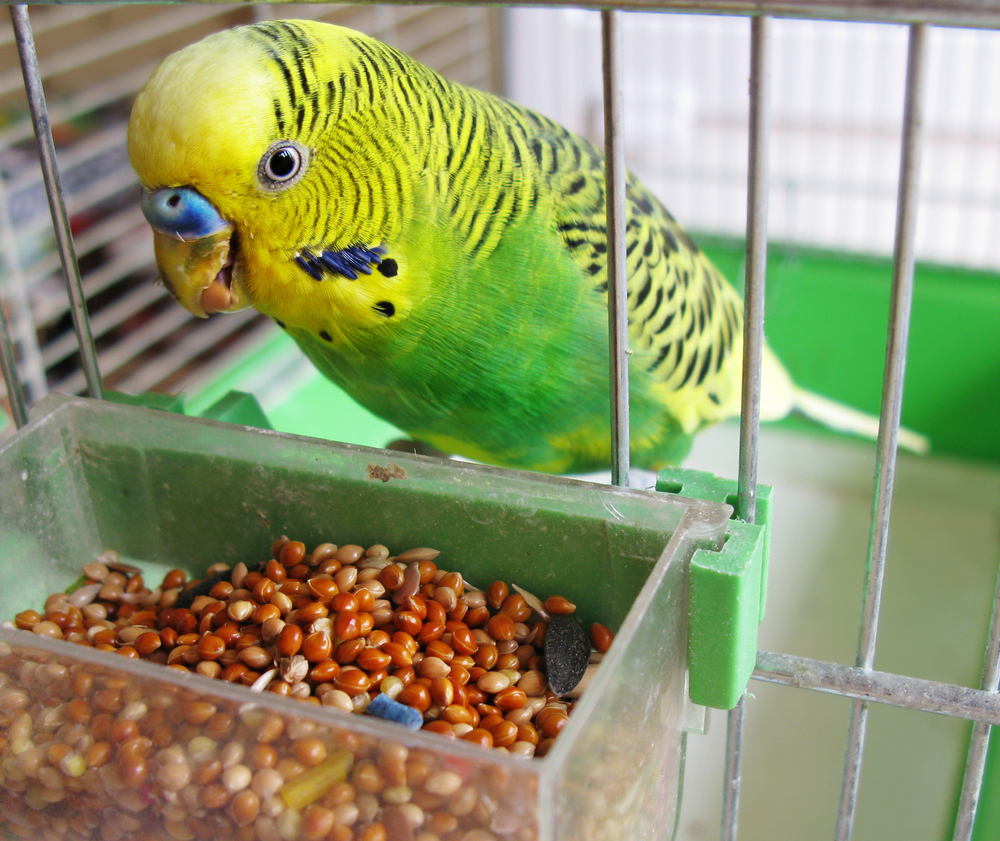
The best way to keep your furry, feathered, and scaly friends healthy is to maintain them at their ideal weight. Pet weight management tips include:
- Feeding your pet an appropriate diet — Ask our team about your pet’s appropriate diet, which will depend on several factors, including their species, age, breed, and spay or neuter status. Examples include:
- Feeding birds a diet consisting mainly of pellets and small amounts of fresh vegetables and fruit as opposed to an all-seed diet.
- Feeding rabbits a diet that consists of 70% to 90% hay and 10% to 30% fresh green leafy vegetables as opposed to a muesli mix or pelleted diet.
- Feeding leopard geckos earthworms, slugs, and calcium-enriched crickets as opposed to mealworms and waxworms.
- Calculating your pet’s energy requirements — Ask our team how many calories your pet requires per day or determine their daily energy requirements with an online pet calorie calculator.
- Measuring your pet’s food — Once you know your pet’s daily calorie requirements, read their food label or research the number of calories in fresh ingredients to determine the food amount they need. Then, use a gram scale or measuring cup and measure their meal portion accurately.
- Limiting treats — Treats should account for no more than 10% of your pet’s daily calorie intake and treats high in fat and calories should be avoided.
- Ensuring your pet gets adequate exercise — All pets need daily physical activity to stay healthy. Tips include:
- Take your dog for a brisk walk twice a day.
- Use a wand-style toy or laser pointer to encourage your cat to run and jump.
- Take your reptile out of their cage once a day so they can move around more.
- Ensure your guinea pig’s cage is large enough for proper exercise, and install ramps and other structures to encourage movement.
- Feed your bird with a food puzzle toy to help keep them physically and mentally engaged.
- Monitoring your pet’s weight — Monitor your pet’s weight and BCS regularly to ensure they are maintaining a healthy weight.
Contact our Wales Animal Clinic team today to schedule your pet’s wellness exam, so we can check if they are at a healthy weight, or help you devise a safe weight-loss plan.


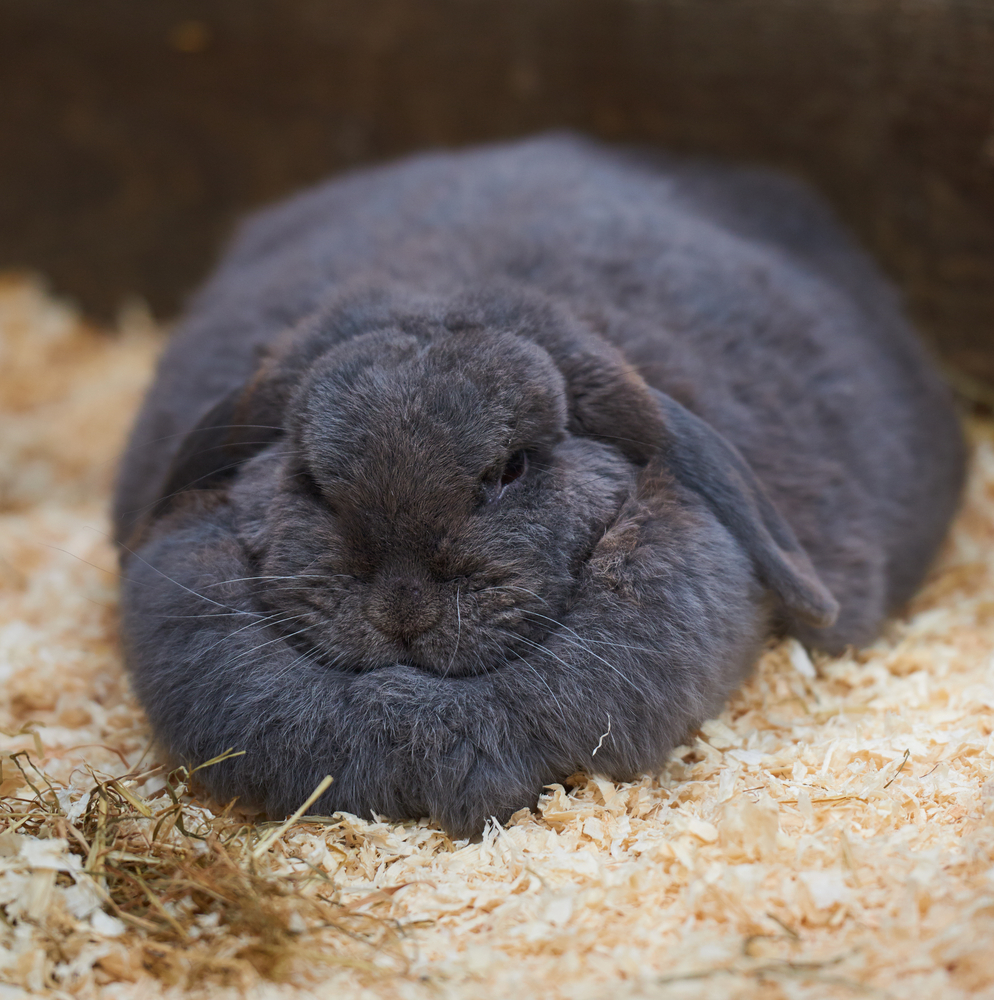
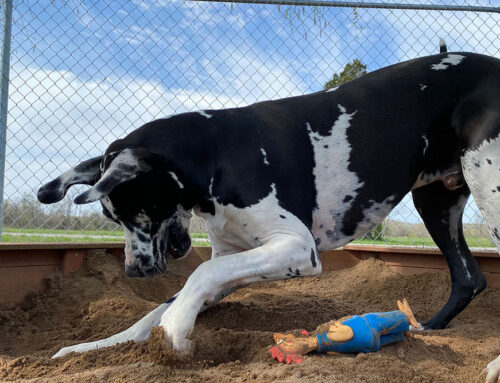
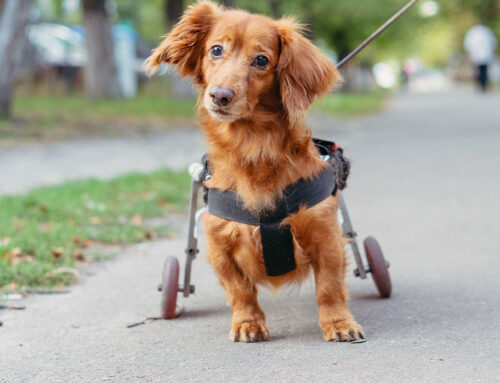
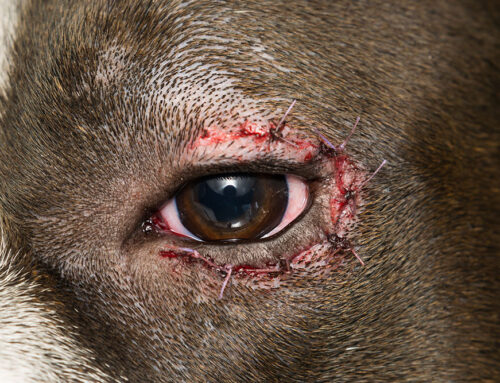
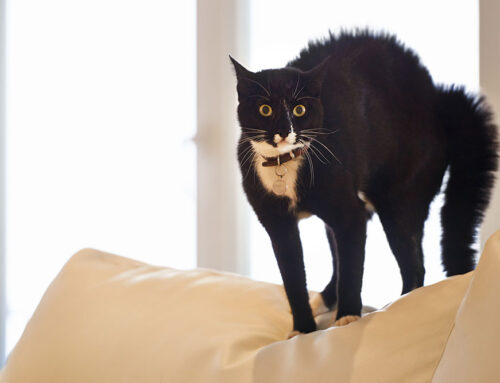
Leave A Comment